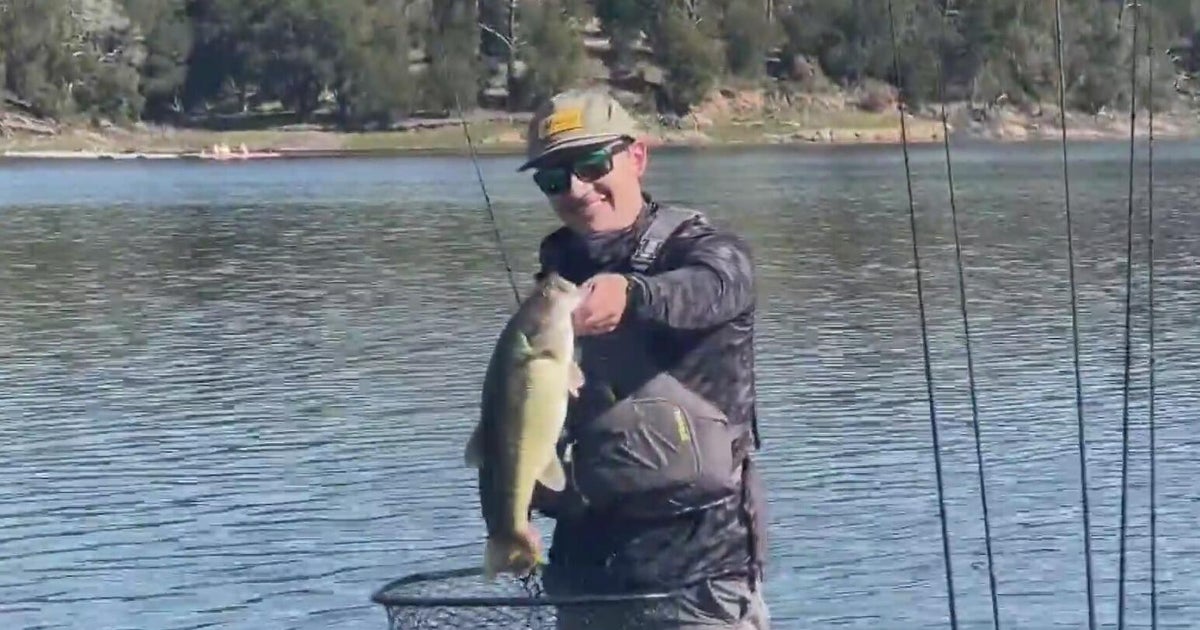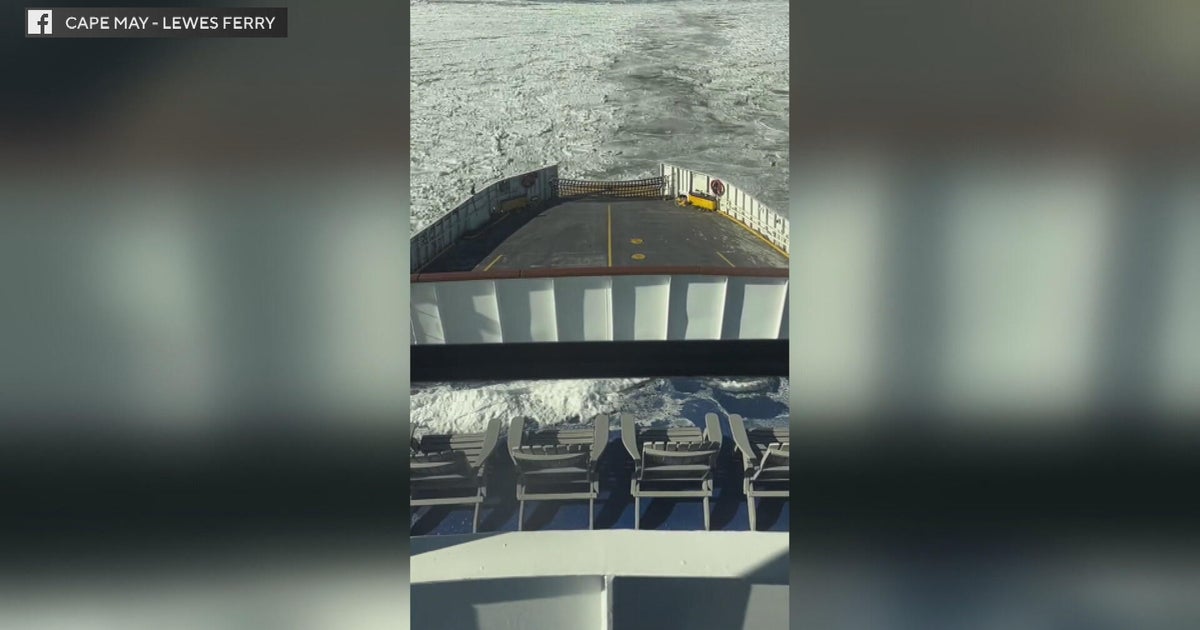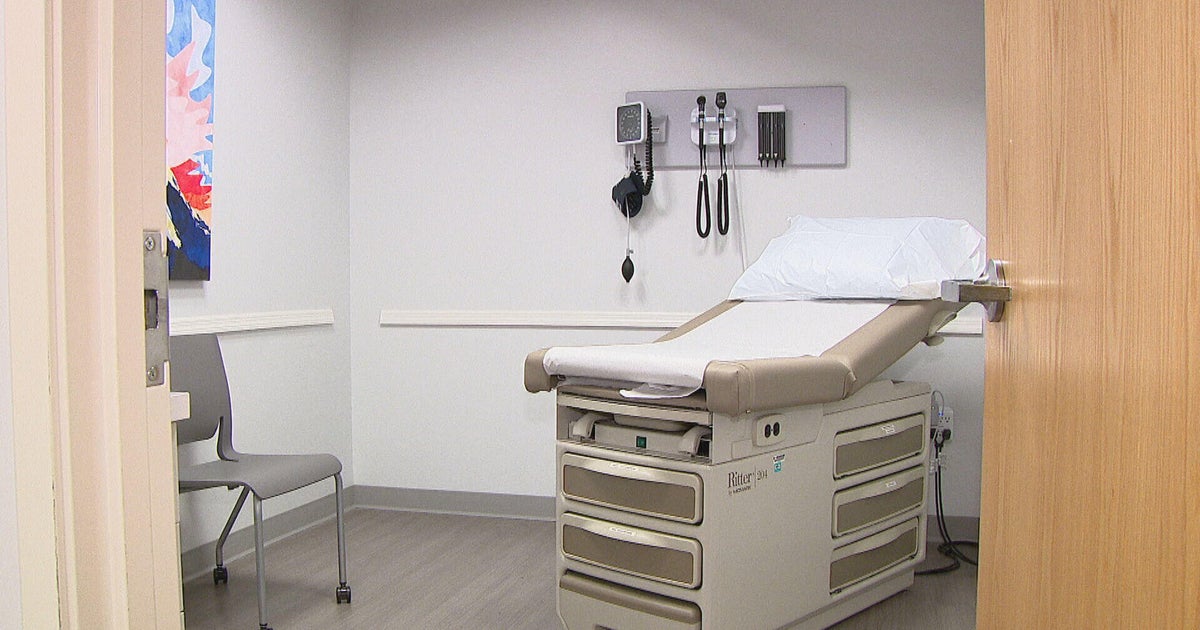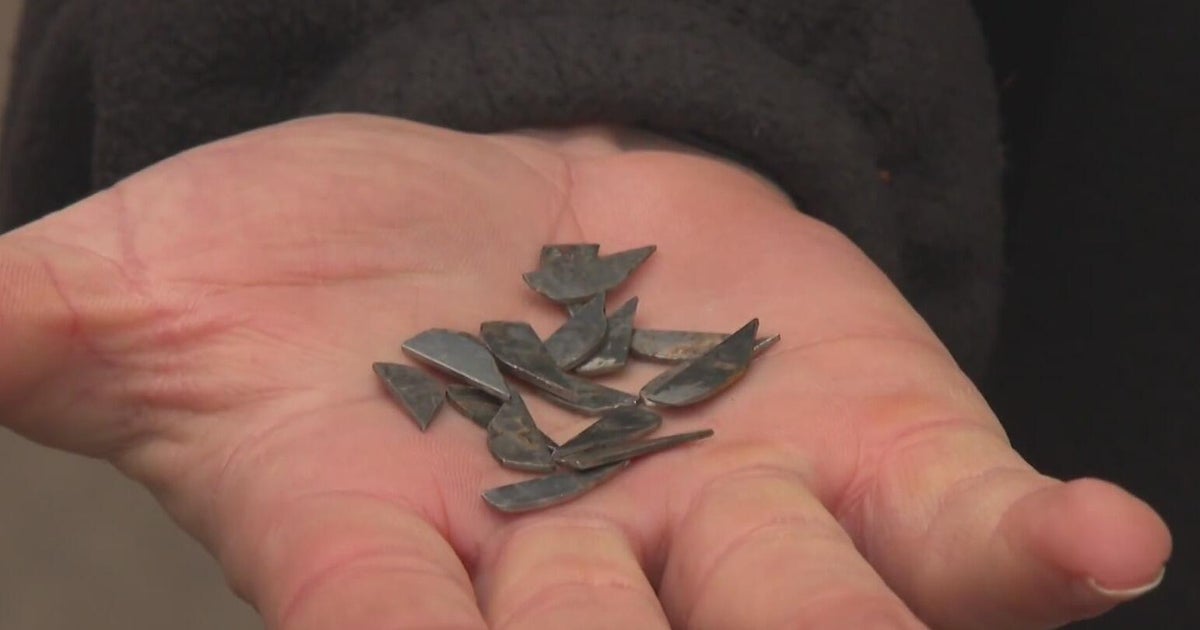Testing Shows Many Bay Area Restaurants Mislabel Fish
SAN FRANCISCO (KPIX 5) -- Bay Area consumers have a reputation for being in-the-know. We're all about buzzwords like "farm-raised," "sustainable" and, of course, "local." But when it comes to some seafood, local diners may be way off track.
Our investigation started with an undercover visit to a sushi restaurant in downtown San Francisco, our first stop on a tour of Bay Area eateries to find out if the fish they're serving is what it says it is on the menu.
We selected halibut, red snapper, and white tuna for our random test -- fish that the non-profit conservation group Oceana says are some of the most commonly mislabeled in the world. According to the organization's research, the United States had one of the highest mislabeling rates.
Using the same DNA barcoding kits used by Oceana, we placed our fish samples into test tubes one by one, being careful not to cross contaminate.
Then we sent the samples off to the lab. Two weeks later, our results came back: 11 of 16 fish were mislabeled.
First up, red snapper.
At Tadich Grill in San Francisco, the fish served turned out to be yellowtail rockfish. At Feng Nian in Sausalito, it was silvergray rockfish. At Mijori Sushi in Oakland, we got white bass. And at Yuki Sushi in San Jose, we were served Japanese sea bream. All the substitutions are cheaper fish.
"I had some pretty heated discussions last night with the sushi chef," said Yuki Sushi's general manager Jennefer Koopman. She said to her surprise, her chef confirmed our findings.
"He said, 'We order Tai," which is Japanese for snapper. What gets delivered is Mondai, which is Japanese for sea bream," explained Koopman.
It turns out red snapper --which is only native to the Atlantic gulf -- is over-fished, so supplies are limited. The menu board at Yuki is now changed.
"Whatever we put up on the board has to be what it is," said Koopman.
At Franciscan Crab Restaurant on San Francisco's Fisherman's Wharf, the chef nailed it. He said the restaurant was serving halibut from Alaska. Sure enough, our test showed it was Pacific Halibut.
But at Yuki Sushi and Mijori Sushi, we got olive flounder instead. Yuki's manager told us when halibut is unavailable, it is replaced with the often farm-raised type of flounder.
"There is no intentional deceit on our part. There really isn't," she said.
The most serious case of mislabeling involves super white tuna. Our DNA test results showed what was being served was not tuna at all. Every sample we tested turned out to be escolar, a snake mackerel that's banned in Japan and Italy.
Escolar is nicknamed the "ex-lax fish" because eating too much of it can cause serious gastrointestinal issues.
"I think that's just an egregious example of something that's absolutely the worst," said Paul Johnson, owner of Monterey Fish Company on San Francisco's Pier 33.
Johnson delivers fresh seafood to restaurants all over the Bay Area, but doesn't sell escolar because of the problems it can cause.
"That's something with health issues involved in it. It probably started as a marketing term because people don't know what escolar is," said Johnson.
But he also said Oceana's study is a bit unfair because it only looks at a few species of fish that are frequently mislabeled.
"Generally, for the most part, the industry is honest. To imply that 50 to 60 percent of the time when you go out and go to a local restaurant or fish market you'll get mislabeled fish is completely untrue," said Johnson.
And when we asked him if he thought restaurants are actively trying to lie to market their food or if they just don't know any better, he replied, "I think to some extent it's a little bit of both."
At Yu Shang Mandarin restaurant in San Rafael, owner Song Vu told KPIX 5 he's just following suit with other restaurants.
"Some people they don't understand so we put super white," he said. But after talking to us, he promised his menu's going to change.
When asked if he was going to remove the words "super white tuna" from the menu, he responded, "Yes! And write down 'escolar.'"
KPIX 5 contacted each restaurant visited during the investigation that had mislabeled fish to get their response. Here are their responses:
Feng Nian in Sausalito
- Red snapper tested as silvergray rockfish.
- Manager promised to change the name of the red snapper to rockfish.
Mijori in Oakland
- Red snapper tested as white bass.
- Halibut tested as olive flounder.
- KPIX 5 was told the restaurant manager, Jimmy, got our message. But we never got a response.
Yuki Sushi in San Jose
- Red snapper tested as Japanese sea bream.
- Halibut tested as olive flounder.
- Manager Jennefer Koopman was gracious enough to talk to us on camera. She has already addressed the issues and fixed her menu.
Toyo Sushi in Walnut Creek
- Super white tuna tested as escolar.
- Restaurant manager told KPIX 5 that everyone calls escolar "super white tuna," so she didn't think it was a problem. But now that we have pointed it out, she is going to add the name "escolar""to the "super white tuna" menu item.
Oyama Sushi in Walnut Creek
- Super white tuna tested as escolar.
- Restaurant manager said on the invoice from the wholesaler the fish is called super white tuna, but customers all know its escolar. Therefore, the manager said there is no need to put that on the menu; it's just custom.
Shogun Sushi in Oakland
- Super white tuna tested as escolar.
- Chef told KPIX 5 since he learned to make sushi, he has always called escolar super white tuna. He says he has overheard that you cannot eat too much. When he buys it, it's called escolar on the wholesaler's bill of sale. But because people don't know that name, everyone calls it "super white tuna," so he does too.
Tadich Grill in San Francisco
- Pacific red snapper tested as yellowtail rockfish, which is one of 13 species of rockfish that can be called red snapper under California regulations, but not under FDA regulations.
- General Manager David Hanna was kind enough to email us this statement: "Thank you for letting me know that you DNA tested seafood from Bay Area restaurants and sharing the results of your test of our red snapper. I am the general manager of Tadich Grill and can assure you that it has always been our practice to meet, if not exceed, legal and regulatory requirements. When there are differences between city, county, state and federal requirements we follow the highest. We would never knowingly purchase or sell a product as anything other than exactly what it is. We rely on our long term relationships with our suppliers to ensure that we receive what we order. Your e-mail indicates that this was not the case with red snapper and we will follow up with that supplier immediately."
Yu Shang Restaurant in San Rafael
- Super white tuna tested as escolar.
- Owner was gracious enough to talk to KPIX 5 on camera. He calls escolar "super white tuna" because everyone calls it that, but after talking to us, he is going to change the name on the menu.
Tazaki Sushi in San Francisco
- Halibut tested as olive flounder.
- Chef vigorously denies that what he serves is anything but halibut. He says our DNA findings are "impossible."







